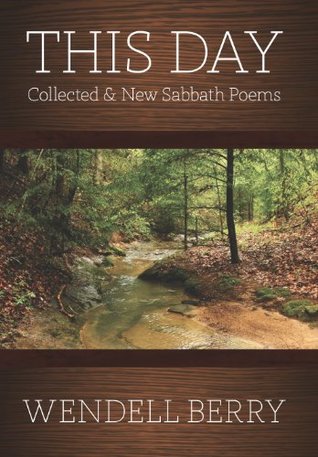The fundamental conflict of our time is that between the creaturely life of Nature’s world and the increasingly mechanical life of modern humans. Among the poets of the twentieth century nobody was more aware of this contradiction than T. S. Eliot, who believed that “religion . . . implies a life in conformity to nature. It may be observed that the natural life and the supernatural life have a conformity to each other which neither has with the mechanistic life . . .” (Christianity and Culture, 48).
Welcome back. Just a moment while we sign you in to your Goodreads account.


